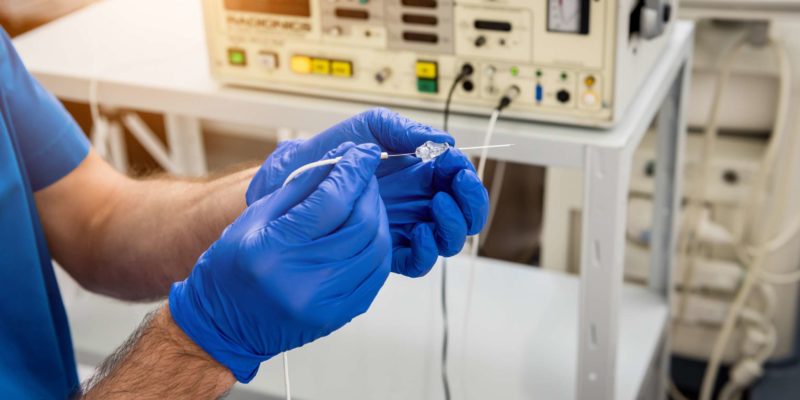The inner lining of your blood vessels can become damaged over time, causing them to dilate and stretch out. This weakening causes these veins to bulge outward, a condition known as varicose veins. You may experience leg pain, which can come and go depending on the severity of the condition. In addition, varicose veins can cause swelling in your legs, sometimes getting so bad that you may have trouble walking or even standing. Fortunately, your doctor may recommend radiofrequency ablation, which is less invasive and effective in treating varicose veins. Doctors use radiofrequency ablation in Venice to help you cope with the condition and improve your quality of life.
What is radiofrequency ablation?
Radiofrequency ablation is a minimally invasive treatment doctors use to treat varicose veins and spider veins. Your doctor passes a needle into your vein during the procedure and uses an electric current to heat it. This damages and closes off your vein and prevents blood from flowing through it. Since there is no open wound, there is minimal pain and a shorter recovery period.
What to expect during the treatment
The procedure occurs when you are awake; however, your doctor applies local anesthesia and may administer pain medication if necessary. A small, flexible tube called a catheter is inserted into your vein through an incision in the treatment area during the treatment.
You may experience some discomfort and mild warmth in the treatment area. Also, there may be some minor bleeding at the point where a doctor inserts and removes the catheter.
What to do after the treatment
After your first treatment, your legs may swell, and you may experience some tenderness. Over-the-counter pain relievers can help with any discomfort. In addition, you may notice some bruising or discoloration of your skin, which is expected.
You must follow up with any post-procedure instructions your doctor has given you. Your doctor will likely recommend some essential self-care after the treatment.
Your doctor prescribes compression stockings for a few weeks after your procedure which will help support your legs while you heal and reduce swelling in your legs.
As well, avoid strenuous activity or heavy lifting for at least four weeks after treatment. However, you may engage in light exercises such as walking or yoga and eat a well-balanced diet to quicken the recovery period.
You may feel tired or weak after the procedure, which is due to the anesthesia. Although it does not require hospitalization, you can stay in the hospital for a few hours for the effects of the anesthesia drugs to wear off.
Also, the medical team assesses your condition and monitors the recovery progress to be sure there are no complications. After around 6 hours, you will be discharged; however, it is essential to have someone drive you home. You can return to your normal activities within two days, but it is advisable to take a few days off from work to recover fully.
Radiofrequency ablation can be the answer to the discomfort caused by the varicose veins. Consult the specialists at Florida Lakes Surgical who will assess your condition and recommend the best treatment.













Comments